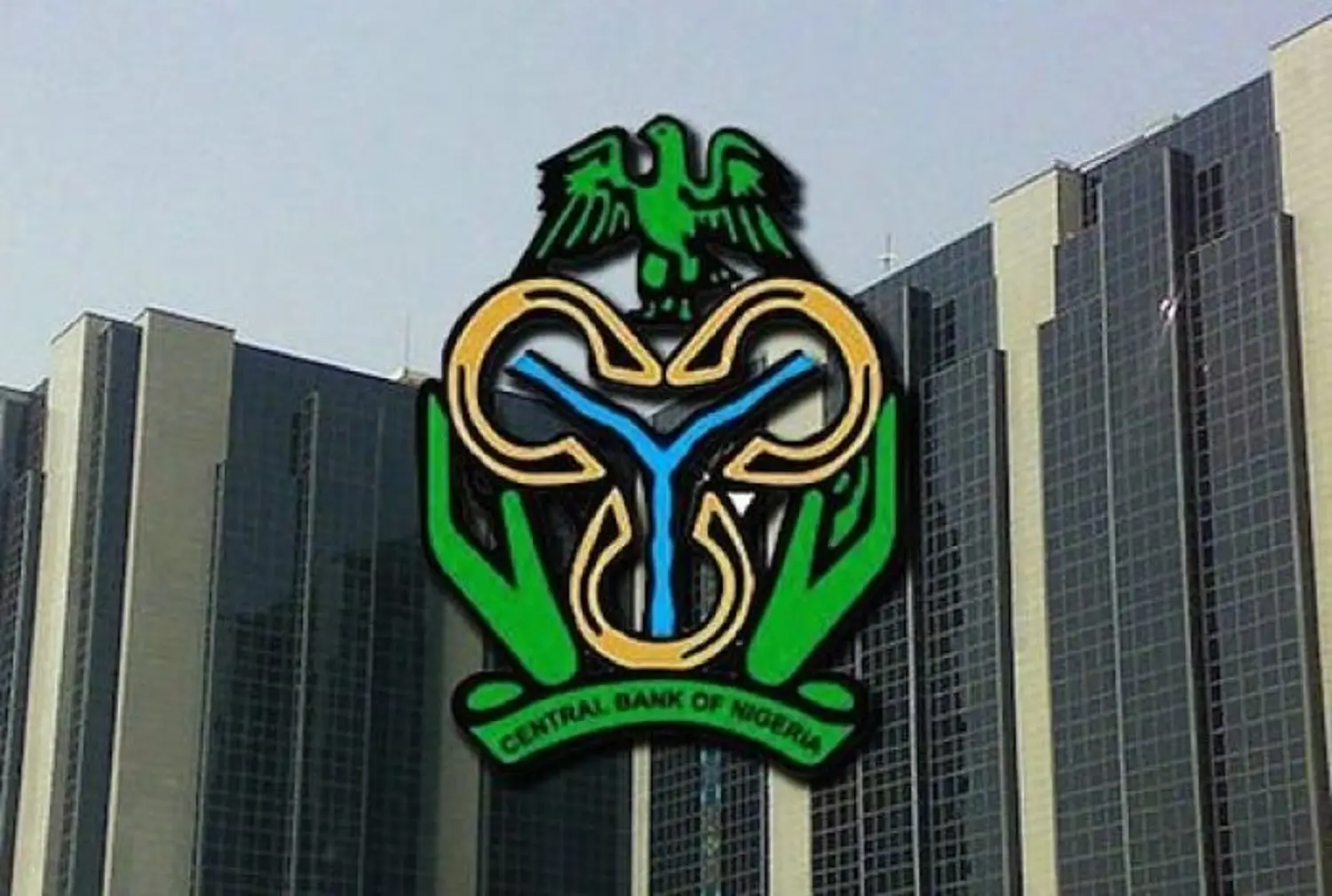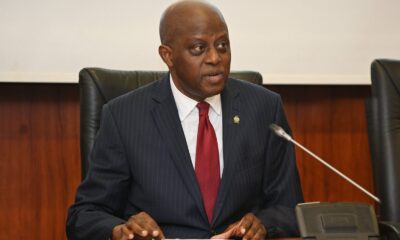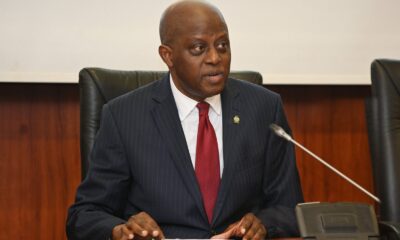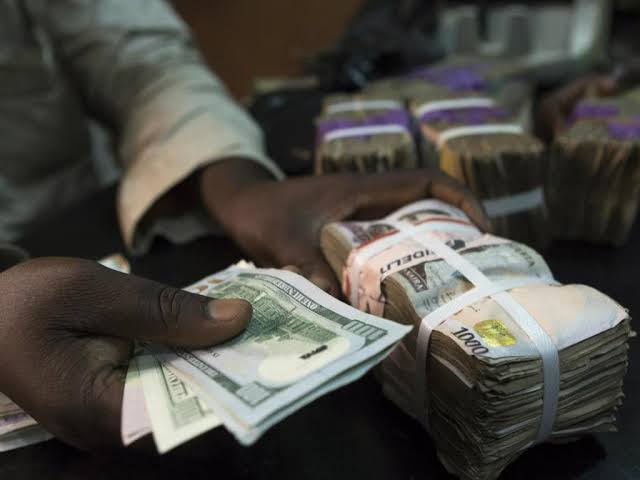The Nation
26.75% Interest Rate: NACCIMA, others allege CBN’s move will stifle businesses

The Central Bank of Nigeria (CBN) has intensified its efforts to address rising inflation by announcing a hike in its benchmark interest rate, the Monetary Policy Rate (MPR), to 26.75% from 26.25%.
This decision has sparked criticism from the Nigerian Association of Chambers of Commerce, Industry, Mines, and Agriculture (NACCIMA), Nigeria Employers’ Consultative Association (NECA), and investment analysts, who argue that the additional rate hike could have negative implications for businesses.
Despite these concerns, the CBN defended its decision, pointing to significant economic indicators.
The bank highlighted a 234% year-on-year increase in capital importation to $5.92 billion in the first half of 2024 (H1’24), a 62% year-on-year rise in Diaspora Remittances to $2.43 billion in the same period, and an increase in external reserves to $37.05 billion.
Critics continue to question the impact of the interest rate hike on economic growth and business operations amidst inflationary pressures.
CBN Governor, Mr. Olayemi Cardoso announced the further hike in the MPR at a press briefing to announce the outcome of the 296th Monetary Policy Committee (MPC) meeting in Abuja.
He disclosed that the MPC also set a new Asymmetric Corridor of +500/-100 from +100/-300 around the MPR; Cash Reserve Ratio of 45 percent for Deposit Money Banks and 14 percent for Merchant Banks, while Liquidity Ratio was left at 30 percent.
This implies that the CBN will lend to banks at 31.47 per cent while it will pay interest of 25.75% on deposits from banks.
He said that the high inflation rate was of a great concern to the MPC which noted that insecurity in food producing zones in the country and energy costs were largely responsible for the high inflation in the country.
Those problems, he said needed urgent attention to effectively tackle the rising inflation.
He said: “The Committee was mindful of the effect of rising prices on households and businesses and expressed its resolve to take necessary measures to bring inflation under control. It re-emphasized its commitment to the Bank’s price stability mandate and remained optimistic that despite the June 2024 uptick in headline inflation, prices are expected to moderate in the near term.
“This is hinged on monetary policy gaining further traction, in addition to recent measures by the fiscal authority to address food inflation.
In its consideration, the Committee noted the persistence of food inflation, which continues to undermine price stability. It was observed that while monetary policy has been moderating aggregate demand, rising food and energy costs continue to exert upward pressure on price development.
Insecurity in farming communities
“The prevailing insecurity in food producing areas and high cost of transportation of farm produce are also contributing to this trend. Members were, therefore, not oblivious to the urgent benefit of addressing these challenges as it will offer a sustainable solution to the persistent pressure on food prices.
“Also noted in its consideration, is the increasing activities of middlemen who often finance smallholder farmers, aggregate, hoard and move farm produce across the border to neighbouring countries. The Committee suggested the need to put in check such activities in order to address the food supply deficit in the Nigerian market to moderate food prices.”
Collaboration with fiscal authorities
He said, “The MPC, therefore, resolved to sustain collaboration with the fiscal authority to ensure that inflationary pressure is subdued.
“In addition, the Committee expressed optimism with the recent stop gap measures by the Federal Government to bridge the food supply deficit. In particular, the 150-day duty free import window for food commodities (maize, husked brown rice, wheat and cowpeas), amongst others, will moderate domestic food prices. It is noteworthy that these measures will not lead to direct injection of liquidity into the economy as to cause further inflation.
“While the measure is a welcome development and may prove effective in the short run, is expedient that it is implemented with a defined exit strategy to avert a possible rollback of the recent gains in domestic food production.
“To support these initiatives, the Bank is already engaging Development Finance institutions like the Bank of Industry (BOI) to ensure adequate support to industries with a focus on Small and Medium Scale Enterprises (SMEs).”
The CBN boss said the MPC was optimistic that the increase in the level of external reserves put at $37. 05 billion as of July 18, (compared with $34.70 billion as at end June) would go a long way to bolster confidence in the foreign exchange market.
$5.92b Capital Importation
Governor Cardoso disclosed that capital importation of over $5.92 billion was recorded as of June end compared with $1.77 as at the same period of last year. Diaspora remittances stood at $2.43 at the same period, as against $1.5 of last year.
He said that the bank would further explore available avenues to improve inflows, especially through Diaspora remittances and foreign investments.
Cardoso expressed optimism that government and private sector efforts toward improving domestic refining capacity would reduce foreign exchange currently being expended on the importation of refined petroleum products.
MPR hike increases uncertainty for businesses – NACCIMA
Reacting, National President of Nigerian Association of Chambers of Commerce, Industry, Mines, and Agriculture, NACCIMA, Dele Oye, said that increase in the benchmark interest rate, though can control inflation, often leads to higher costs and increased uncertainty for businesses, which can have a range of negative impacts on their operations and growth prospects.
He said: “A hike in the benchmark interest rate (MPR) by CBN can have several potential consequences for businesses, including: Increased Borrowing Costs – Higher interest rates mean that loans and lines of credit become more expensive, which can increase the cost of financing for businesses, leading to higher operational costs; Reduced Investment – As borrowing becomes more expensive, businesses may delay or scale back on investments in expansion, new projects, or capital improvements and this can slow down business growth and innovation; and Decreased Consumer Spending – Higher interest rates can lead to increased borrowing costs for consumers as well, which can reduce their disposable income, which typically results in lower consumer spending, which can negatively impact businesses, particularly those in the retail and service sectors.”
It‘ll worsen businesses ability to maintain investments, forestall fresh ones—NECA
Also reacting, the Nigeria Employers’ Consultative Association, NECA, warned that the latest increase in the MPR, to 26.75 percent to address the persisting inflationary growth in the economy, will worsened the ability of businesses to maintain existing investments and forestall new investments..
The Director- General of NECA, Mr. Adewale-Smatt Oyerinde, said: “The implication is that it becomes more difficult for businesses to maintain existing investments and almost impossible for significant new investments to take place. Of course, once investment declines, capacity utilization, volume of activity, employment and profit would be affected negatively.
“The persistent use of MPR to moderate inflation may yield limited result so long as the huge depreciation in Naira value that has shrunk business activities in the real sector remains unchecked. The CBN should prioritize an exchange rate management procedure that will address the huge erosion in the Naira.”
Tightening further squeeze liquidity from banking system, jerk up cost of credit — Prf Uwaleke
Reacting as well, Prof Uche Uwaleke, President, Association of Capital Market Academics of Nigeria, ACMAN, said: “Having done 750 basis points between February and May this year, I had predicted they would do a minimum of 50bps or a max of 100bps in July.
I am glad to note that they chose the floor which is a sign that a complete halt is most likely in their next scheduled meeting in September.
But the adjustment to the asymmetric corridor around the MPR is a major source of concern for me.
The MPC communiqué did not provide any explanation for increasing the SLR from +100 to +500 and the SDR from -300 to -100.
By implication, with an MPR of 26.75%, banks will now get loans from the CBN at 31.75% while they will be remunerated for their excess deposits at 25.75%. This will further squeeze liquidity from the banking system and jerk up cost of credit with adverse consequences on output and the equities market.
The MPC communiqué should have made it clear why it was better to mask the tightening in the asymmetric corridor than reveal it in the MPR.”
CBN is aggressively dissuading banks from tapping liquidity- Afrinvest
In their comment, analysts at Afrinvest Research stated: “Firstly, the surprise tweak in the MPR suggests that the CBN is aggressively dissuading banks from tapping liquidity through the Standing Lending Facility (SLF) window.
“For context, the tweak in the asymmetric corridor to +500/-100bps around the MPR implies that banks seeking to tap funds through the SLF window would have to pay a cost of fund of 31.75% per annum from 27.25% previously.
“Meanwhile for banks with excess liquidity willing to play at the Standing Deposit Facility (SDF) window would only receive 25.75% interest per annum, thereby expanding the negative spread between SLF and SDF to 600bps from 400bps. Based on our assessment of industry data, banks tapped N73.6tn through the SLF window between January and July 2024, representing 8.5x the size of activities at the SDF window. We expect pressure to mount on banks’ ability to balance risk-return going forward.”






























